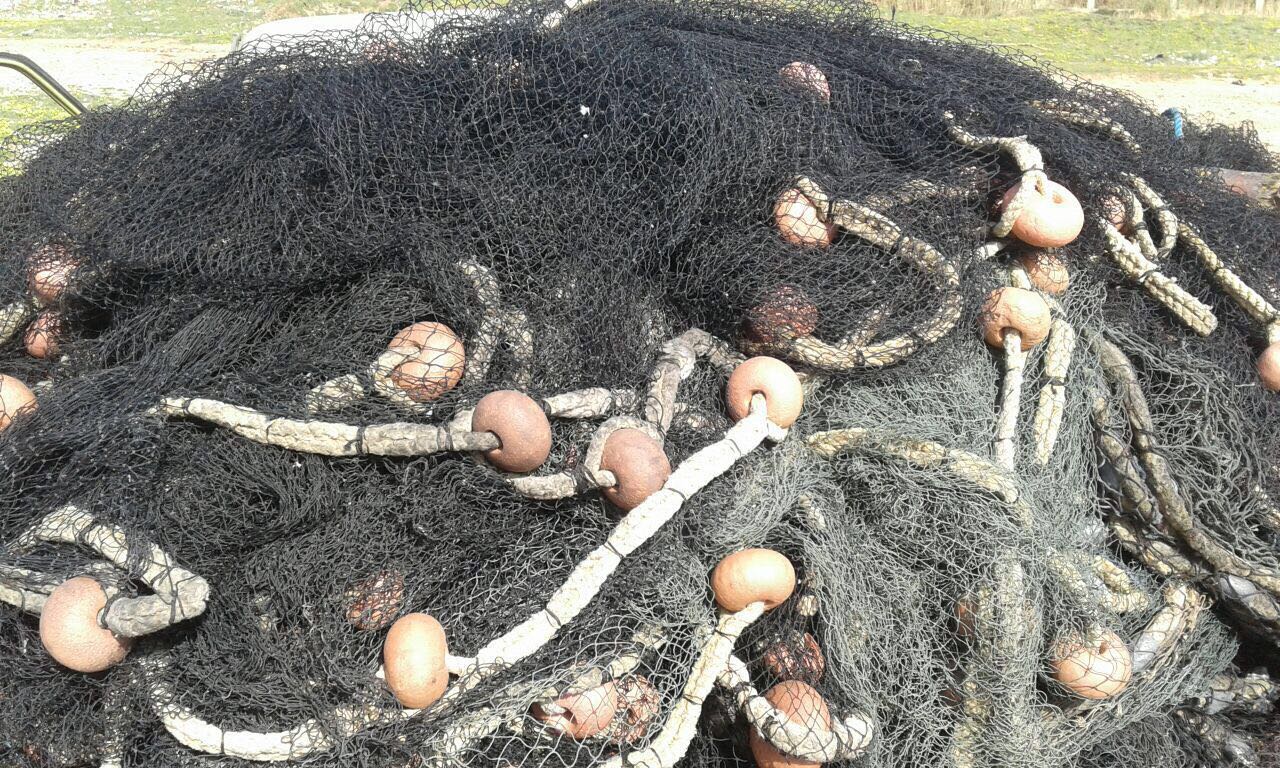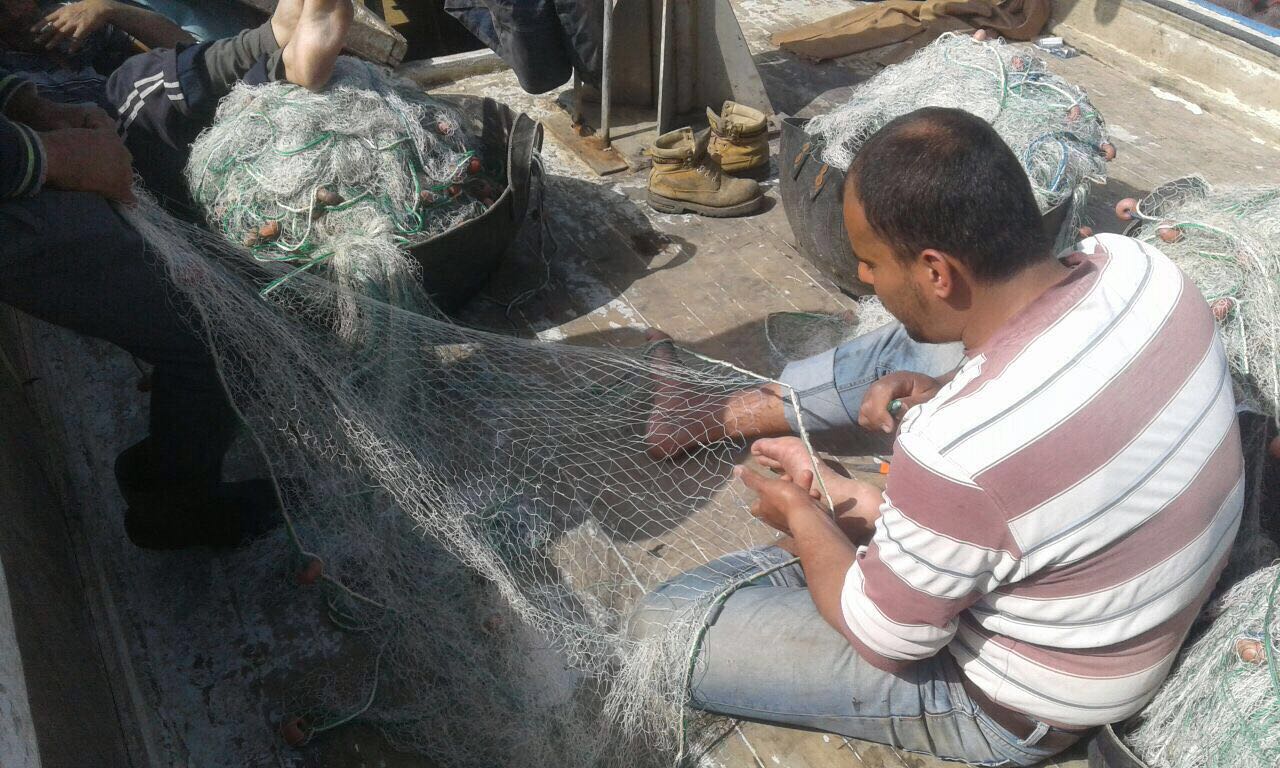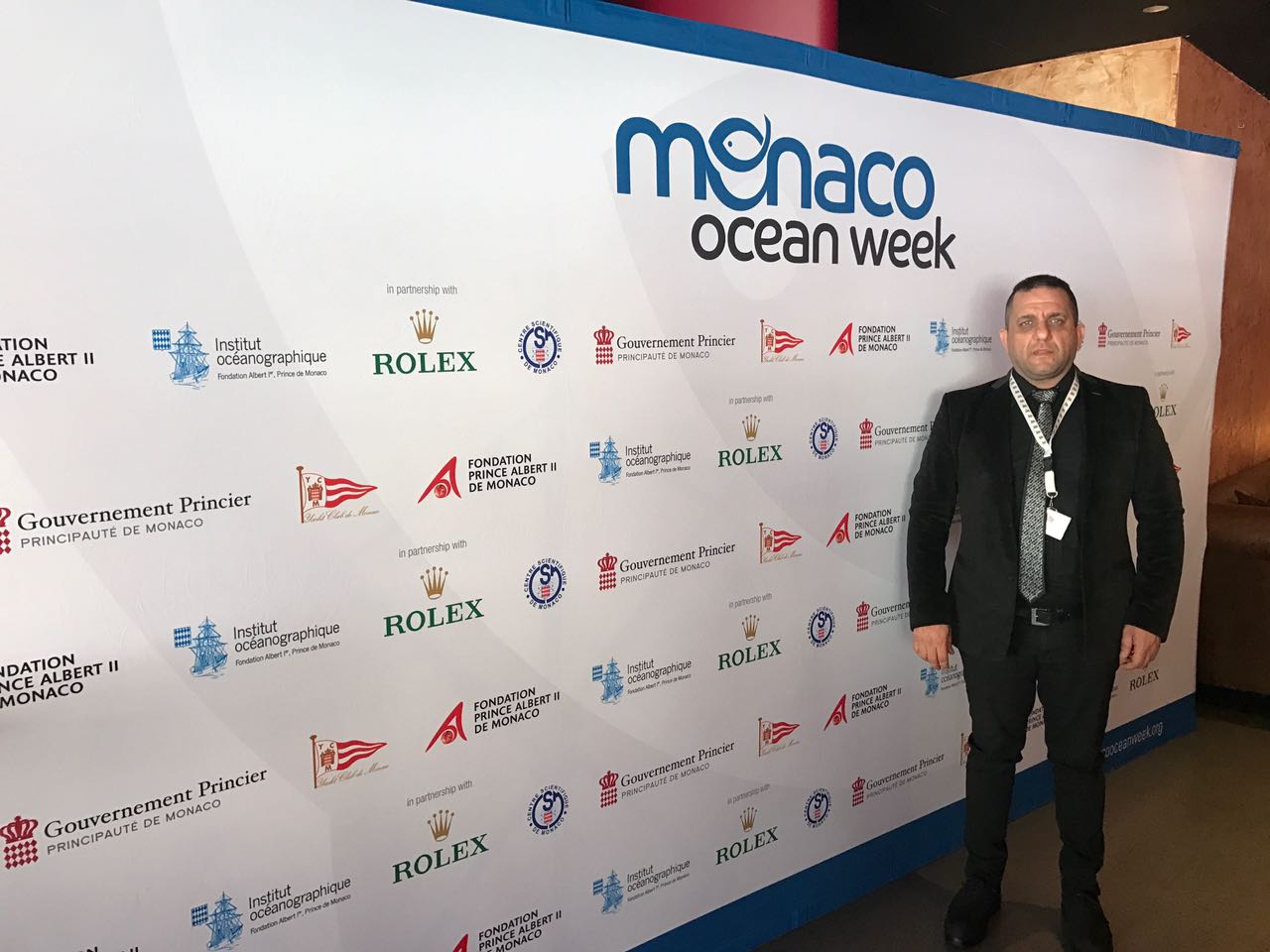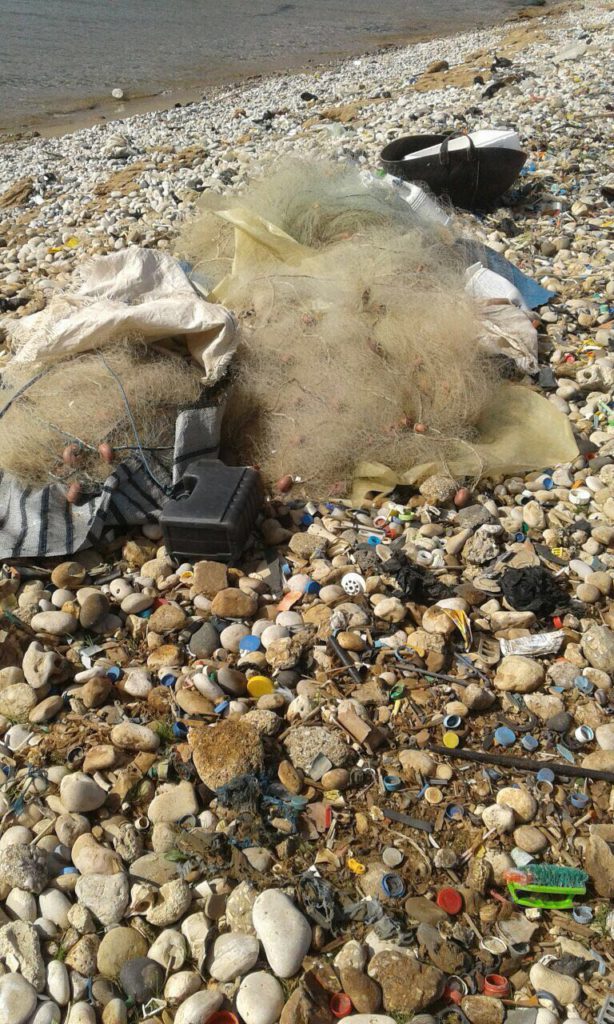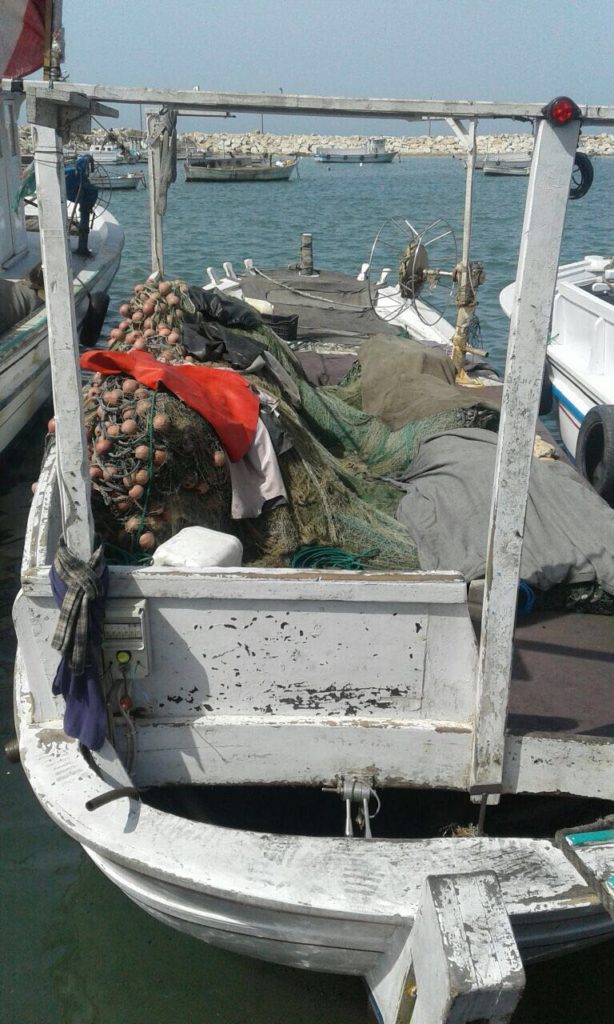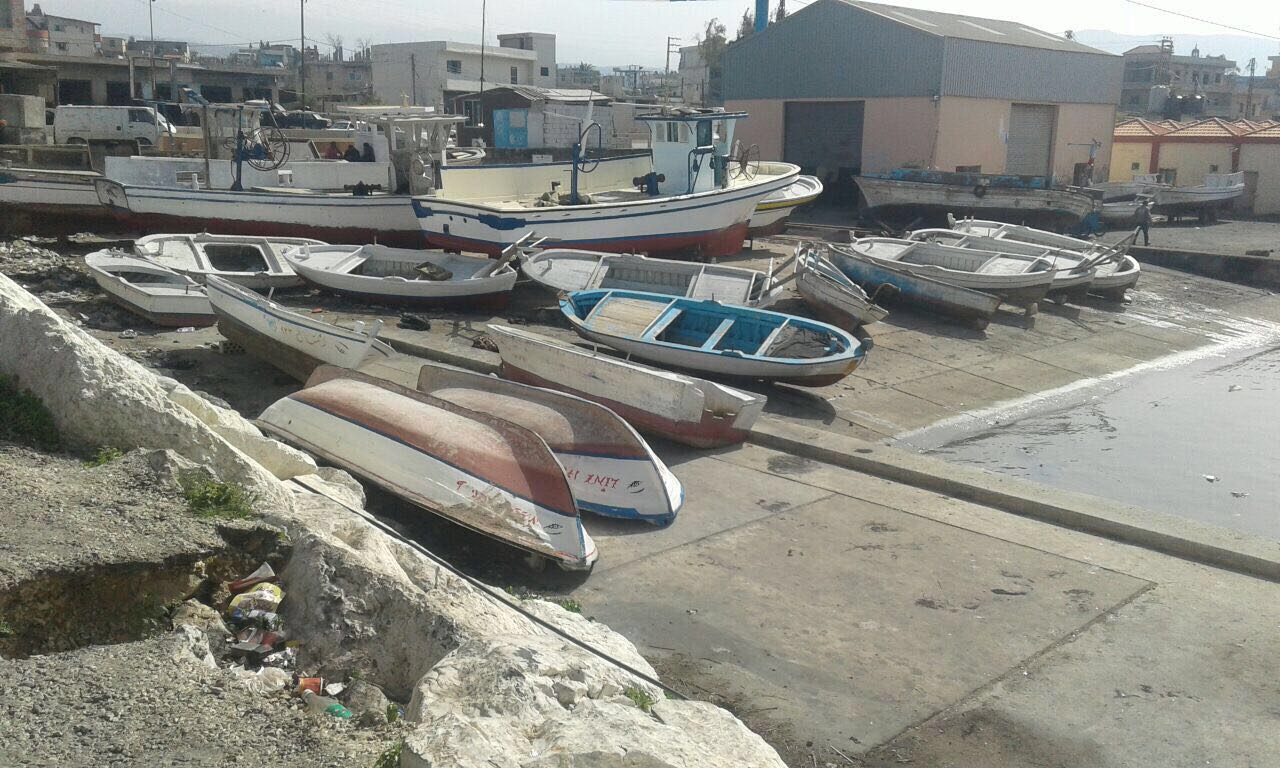Dr. Roy Abijaoude and his team at Lebanese Developers inadvertently stumbled on the trouble caused by these discarded nets. The NGO had been operating vocational training sessions across the country since 2006, and by early 2017 had expanded its scope to train women in Northern Lebanon to produce and repair fishing nets.
“We soon realized that whenever there was a problem, the fishermen would throw the old net in the water, or on the shore,” Abijaoude explained of their moment of realization. He recalls seeing old nets washed up and wrapped in the sandy shore. “That was when we said we should be doing something about this.”
After searching for similar projects around Europe and the Mediterranean, Abijaoude was encouraged to apply for the Beyond Plastic Med (BeMed) Initiative. Lebanese Developers was selected as one of 11 groups to receive funding for their project, which collects and recycles discarded fishing nets on the shores of Northern Lebanon — and prevents fishermen from improper disposal in the first place.
Raising awareness among Lebanese fishermen:
Abijaoude is a realist: to have a project like theirs be sustainable, he understood you have to get buy-in from the fishermen themselves.
Studies suggest fishermen in Lebanon and the rest of the Mediterranean Basin are aware of the challenges presented by marine litter. A 2015 report from the UN’s Environment Programme found that 71% of fishermen in the region thought ghost nets presented a serious problem, but that they were often less aware of the exact consequences and how to reduce them when going about their daily livelihoods.
One of the recommendations from the UNEP’s study was that more awareness raising and waste management campaigns needed to be operated locally. That is where a group like Lebanese Developers can come in.
The NGO has started a series of awareness sessions with local fishermen, where they reveal the damages caused by nets discarded at shore and sea. “We tell them how the fish can get caught in the abandoned nets, and how the fish can eat the nets and plastic — then you feed your family with that same fish,” Abijaoude says.
They have also partnered with a fishermen cooperative to set up a space where fishermen can dispose of their old nets, knowing they will be collected for recycling, rather than end up as marine litter. These collection points can play a key role in frontline prevention since a main reason nets are often discarded is because it is a simpler solution. The task of Lebanese Developers is to make it easier to recycle than to pollute.
